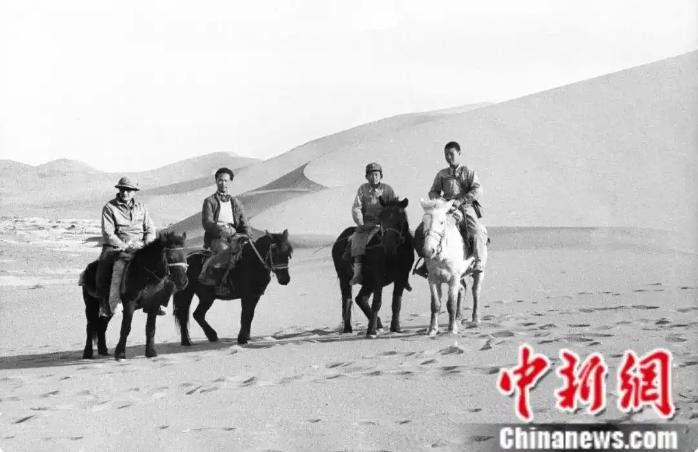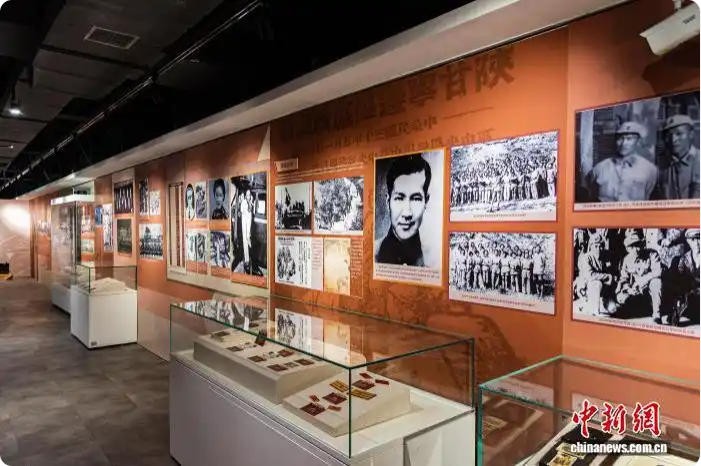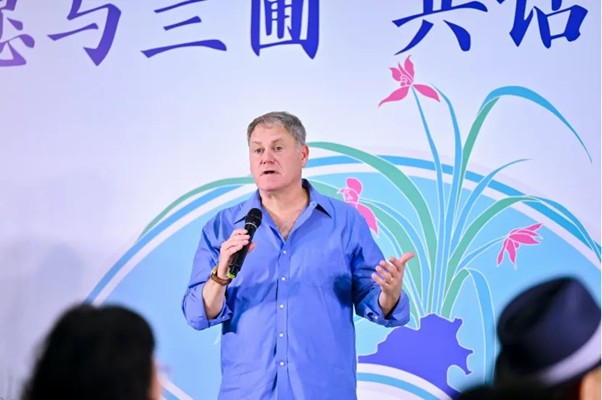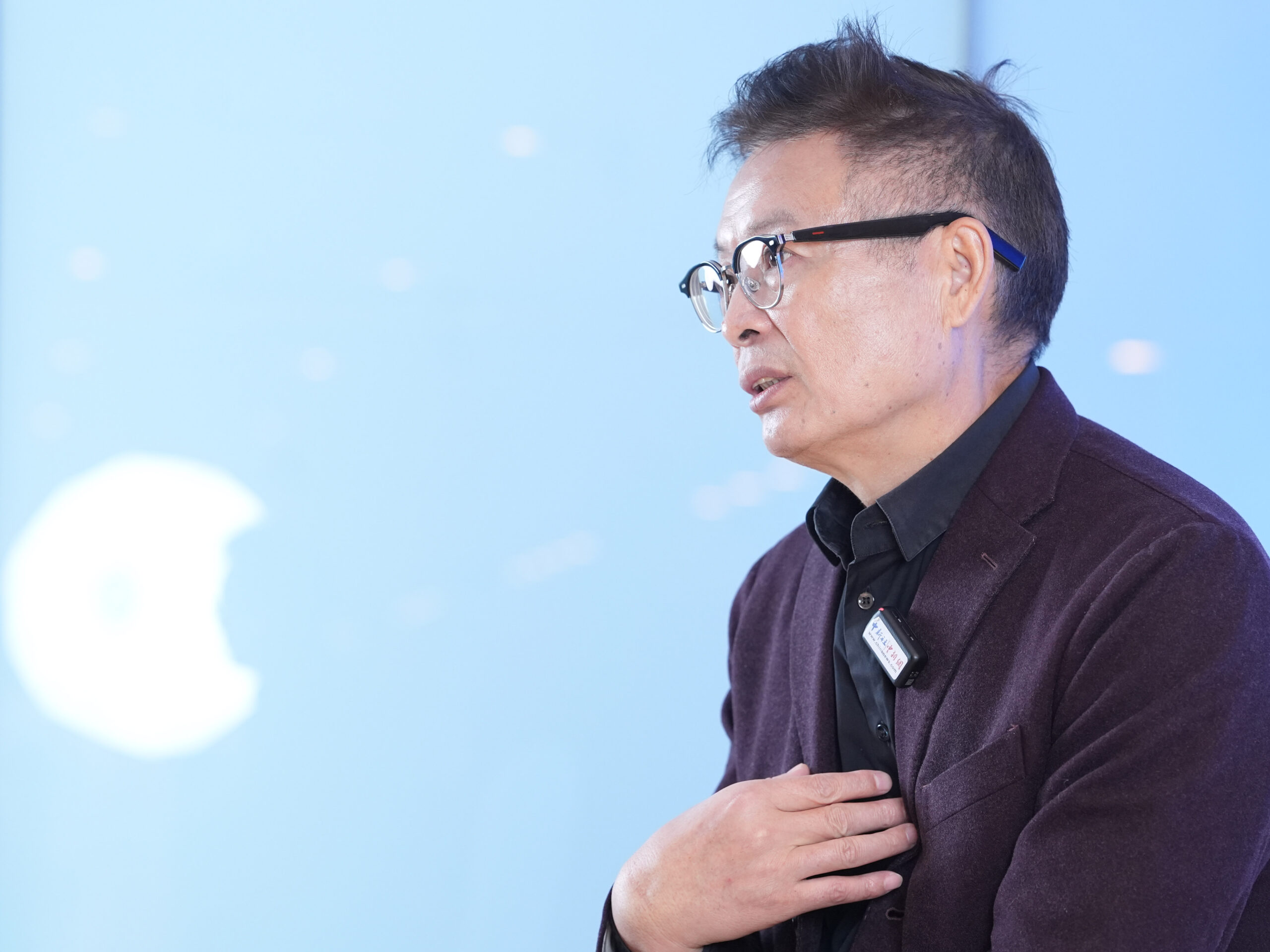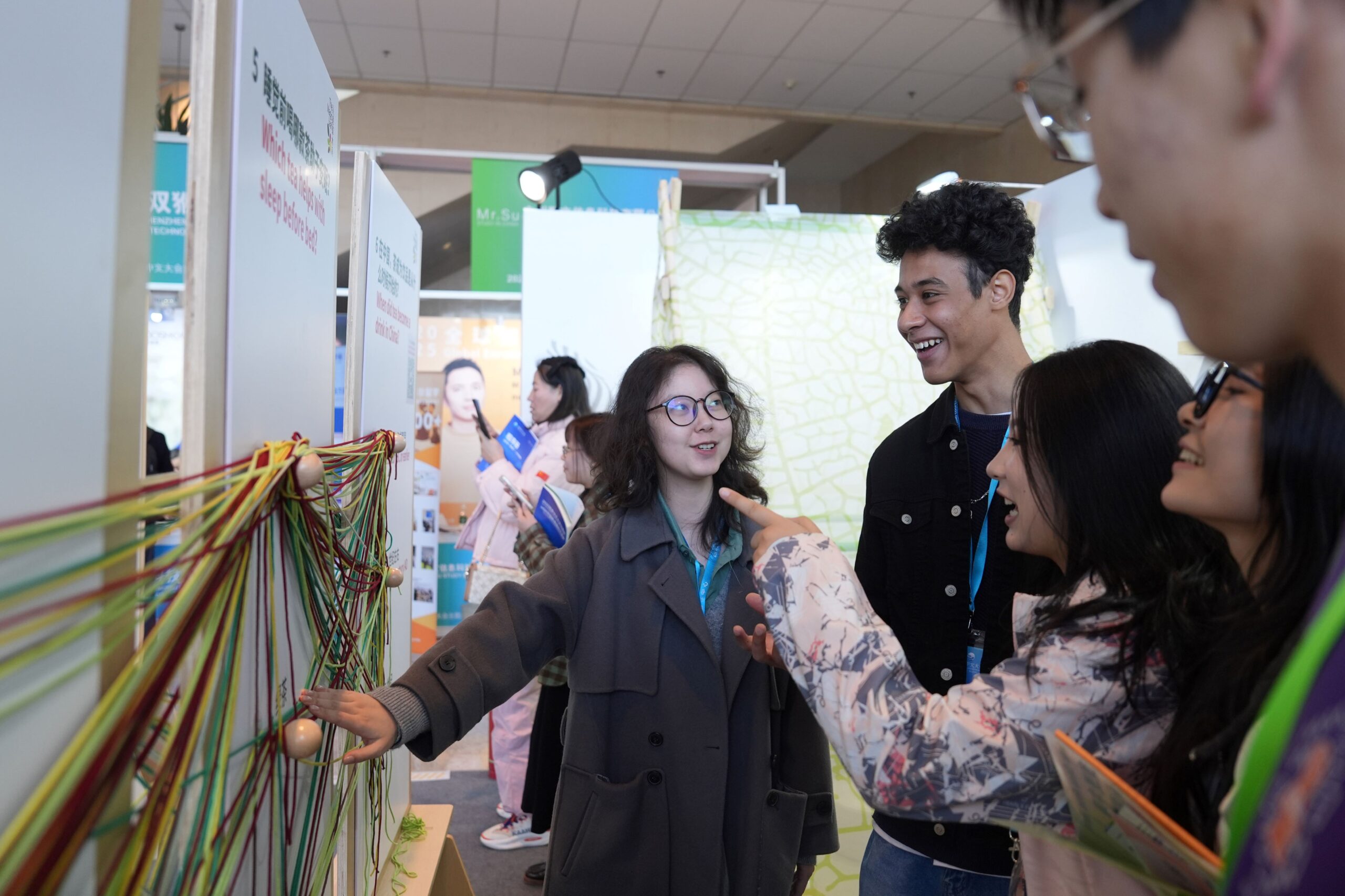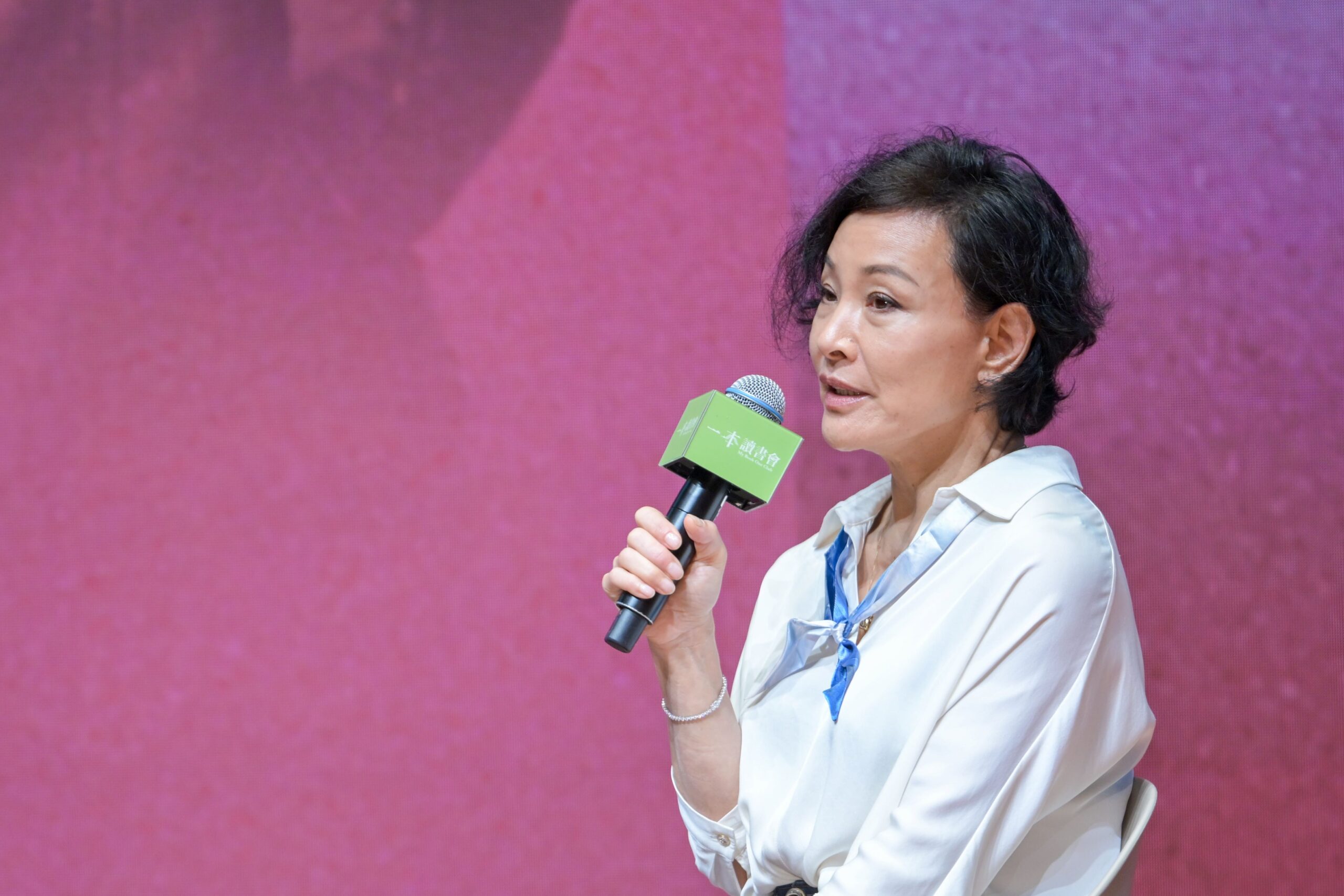Looking back at history, what is China’s connection with the Olympic Games? What image has China established on the international Olympic stage? Why do the Olympics hold such a special place in sport? East Meets West recently met with Yang Shangjian. He is a professor at the School of Physical Education and Sport of Shandong University, to answer these questions.
Yang Shangjian is a professor, doctoral tutor, and discipline leader of physical education and training at the School of Physical Education and Sports of Shandong University. The university is mainly engaged in research on the theory and practice of competitive sports.

When did the Chinese delegation make its first appearance at the Olympic Games? What is its special significance?
China’s first delegation to the Olympic Games dates back to the Republic of China.
In the summer of 1932, China sent its first delegation to the 10th Olympic Games in Los Angeles, USA. There were only three official members: sprinter Liu Changchun, coach Song Junfu, and team leader Hao Gengsheng. Hao Gengsheng and Song Junfu both taught at the ‘National Qingdao University’. It was later renamed ‘National Shandong University’ in 1932, and now Shandong University.
On 8 July 1932, the Chinese delegation boarded the U.S.S. President Wilson to participate in the Tenth Olympic Games in Los Angeles, U.S.A., arriving in Los Angeles on 28 July. Only two days after arriving in the United States, Liu Changchun appeared in the competition.
Liu Changchun was eliminated in the preliminaries of the men’s 100 metres and 200 metres. During the men’s 400m he had to give up due to physical exhaustion. Although he failed to win any medal in the Olympic Games, his participation opened a new era for Chinese participate in the Olympic Games.
Liu Changchun’s participation in the competition alone, despite the hardships, marked the beginning of China’s participation in the sports world. It also demonstrated to the world the Chinese spirit of perseverance, tenacity, and a willingness to compete in a friendly way with the international community.
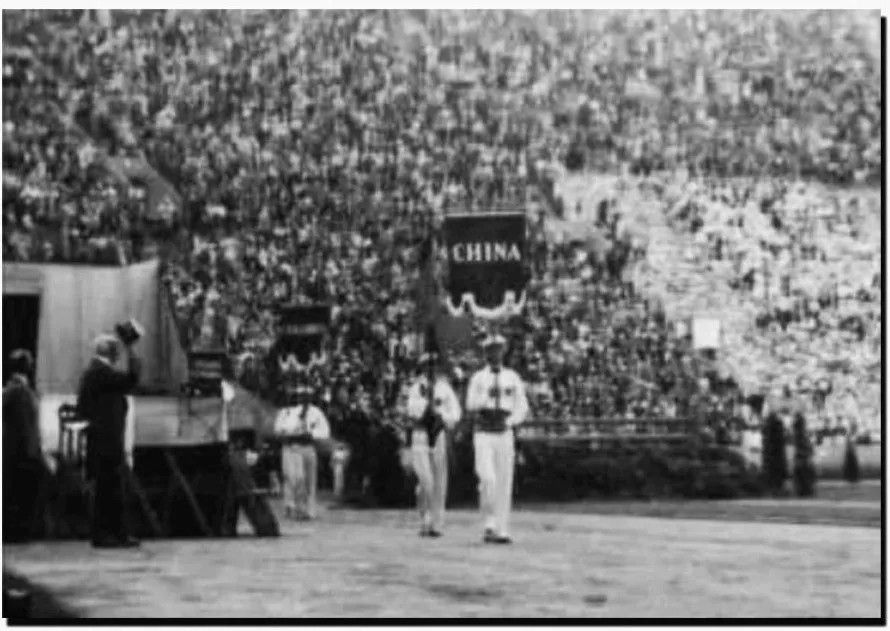
Since the 21st century, China has successfully hosted the 2008 Beijing Summer Olympics and the 2022 Beijing Winter Olympics, how has the Olympic spirit been carried forward in China?
Following China competing for the first time in the summer of 1932, it took over half a century to win a gold. On 29 July 1984, shooter Xu Haifeng won the first gold medal in Chinese Olympic history. Just 24 years later, China successfully hosted the 29th Summer Olympics in 2008. This journey has allowed China to complete its ‘Three Olympic Achievements’ (First participation; First Gold; First Host).
The Olympic Games are an important carrier for the external dissemination of a country’s image.
Through the successful hosting of the 2008 Beijing Olympic Games, China has presented to the world a new image of civilisation, openness, and solidarity. It testified to the great progress made by China in the political, economic and cultural spheres. In 2022, China once again showed this through successfully hosting the 24th Winter Olympic Games.
Through the hosting of the Olympic Games, the Olympic spirit has been widely disseminated and promoted in China.
During the preparation for the 2008 Beijing Summer Olympic Games, the Ministry of Education, the Beijing Municipal Government and the Beijing Organizing Committee for the Olympic Games (BOCOG) jointly issued the Beijing 2008 Olympic Education Action Plan. It launched Olympic education activities among 400 million young people, popularised Olympic knowledge, and promoted the Olympic spirit.
By hosting the 2022 Beijing Winter Olympic Games, the Olympic spirit further penetrated into the hearts of people in China. The spirit of the Beijing Winter Olympics, which is ‘broad-minded, confident and open, rising to the challenge, pursuing excellence and creating the future together’, is highly unified with the core values advocated by the Olympic spirit. It is the inheritance of the core of the Chinese sports spirit. The theme slogan of the Beijing Winter Olympic Games, ‘Together for the Future’, echoes the Olympic motto, ‘More Unity’.
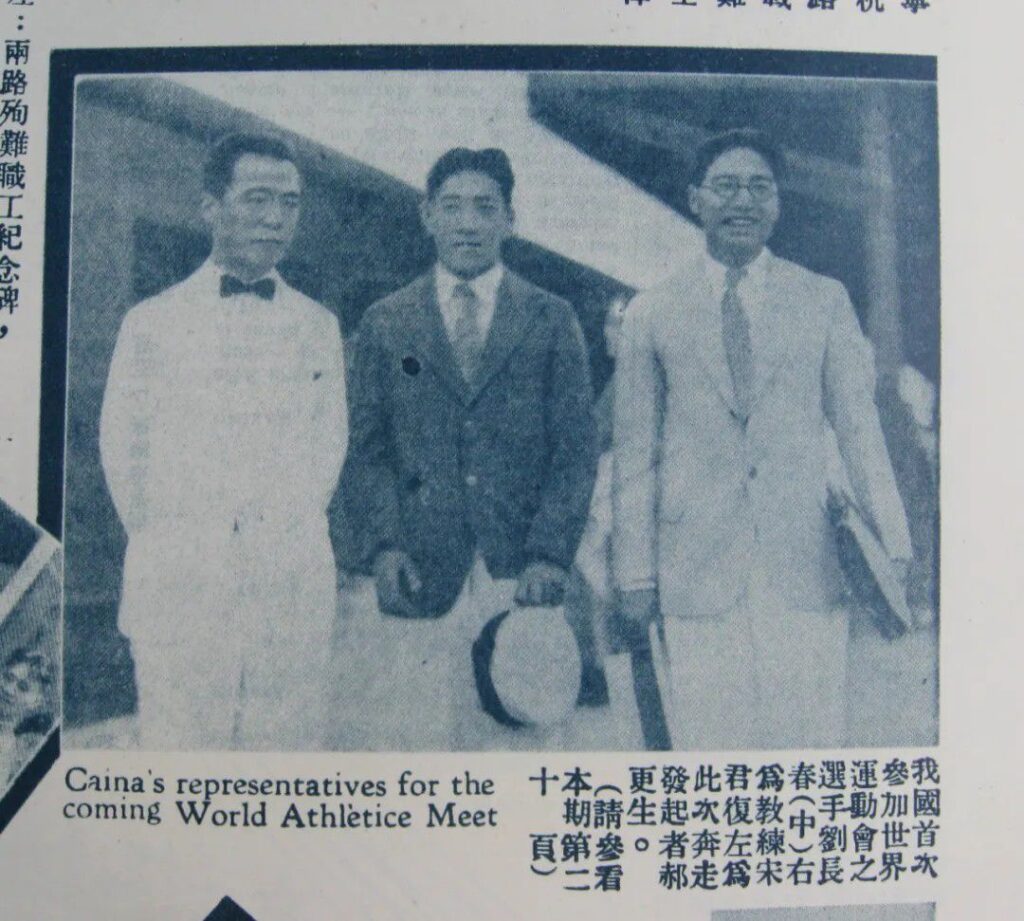
What are the common spiritual pursuits of mankind carried by the Olympic Movement?
First and foremost is peace.
The aim of the Olympic Movement is to educate young people through sports activities consistent with Olympism and its values. This contributes to the building of a peaceful and beautiful world. Peace is the purpose and even the ultimate goal of the Olympic Movement. As the world is undergoing major changes not seen in a century, the promotion of peace, unity and inclusiveness through sport is essential.
Secondly, it is a self-challenge.
‘Faster, higher, stronger’ fully demonstrates the Olympic Movement’s spirit of continuous progress, the spirit of insatiable endeavour, and the spirit of striving to reach new heights without fear of hardship or danger. Within the dimension of the self, it is about overcoming and surpassing oneself constantly. The Olympic motto embodies the spirit of the Olympic Movement in its constant pursuit of progress and self-breakthrough. This spirit of self-challenge is the cornerstone of self-improvement for contemporary mankind.
Finally, there is solidarity.
At present, the changes in the world are unfolding in an unprecedented manner, and human society is facing unprecedented global challenges. Living in the same global village, our destinies are closely linked. In the face of global risks and challenges such as climate warming, natural disasters and the financial crisis, humanity can only have a better tomorrow if it strengthens its solidarity and cooperation.
From the 2008 Beijing Olympics, which sang ‘One World, One Dream’, to the 2016 Rio Olympics, which shouted ‘One New World’, to the 2020 Tokyo Olympics, which said, ‘We are all in the same boat’. ‘In particular, the Olympic motto has been further sublimated into ‘Faster, Higher, Stronger – More Unity’, all of which convey the beautiful hope of human beings to closely unite and promote development together.
How have the Olympic Games fuelled the exchange and mutual understanding between China and foriegn countries?
Sports can cross cultural, linguistic and ideological barriers in a way little else can. Using it as a bridge, it can strengthen the elements of peace, friendship and progress. It can also minimise conflicts between different cultures. This means sports plays a unique role in cross-cultural communication. It can be said that the hosting of successive Olympic Games has built a bridge between Chinese and foreign countries, promoting the seeking of common ground. They have played the role of a link in enhancing mutual understanding, trust and friendship.
At the same time, the modern Olympic Games originated in the West and is strongly coloured by Western culture. From being dominated by Western culture to the integration and development of multiple cultures, the Olympic Movement has promoted exchanges and mutual understanding among multiple cultures in the world. Using the Olympic Games as a medium, we can tell the Chinese story to the outside world. Not only letting Chinese culture ‘go out’, but also letting the world ‘see in’. This can further promote the international dissemination of traditional Chinese culture, and promote the harmonious coexistence of Chinese and foreign countries.
In the future, how can Chinese sports make more contributions to the development of the international Olympic Movement?
First, more high-level international events will be held. Following the Beijing Summer Olympic Games in 2008 and the Beijing Winter Olympic Games in 2022, China has also successfully hosted the Chengdu Universiade and the Hangzhou Asian Games in 2023. This has accumulated rich experience in hosting large-scale international events. In the future, China should continue to fulfil the purpose of hosting the Olympic Games. This is by implement the concept of sustainable development and innovating the practice of hosting international events.
Secondly, Olympic education should be actively promoted. China should continue to step up its efforts to promote Olympic education in schools and communities. This would deepen the public’s understanding of and recognition of the Olympic spirit. It should popularize Olympic knowledge, encourage young people to participate in sports activities, and cultivate their enthusiasm for sports. In addition, China should nourish their bodies and minds with the Olympic spirit and promote the growth and blossoming of the Olympic movement in China.
Thirdly, we should continue to enhance our capacity for sports science and technology and innovation. China has relatively advanced sports facilities and technologies, which are valuable resources for hosting international sports events in the future.
For example, the low-carbon and environmentally friendly technologies used in the Beijing Winter Olympics and the planning of the Athletes’ Village provide valuable experience for future Olympic host cities. At the same time, China should also continue to increase the research and development of new sports equipment and technology. This can help promote the common progress of global sports technology.
Fourthly, China will further support the sports endeavours of developing countries. In recent years, China has demonstrated its image as a responsible great power. This includes through ssisting developing countries in their sports construction and development. In the future, China should continue to participate in and support the initiatives and programmes of the IOC, such as the Olympic Solidarity Foundation and the Olympic Refugee Foundation, to help more countries and regions to improve their level of sports and their ability to participate in international competitions.
If you liked this article why not read: Olympics Cause Massive Rise in Sports Interest Across China


